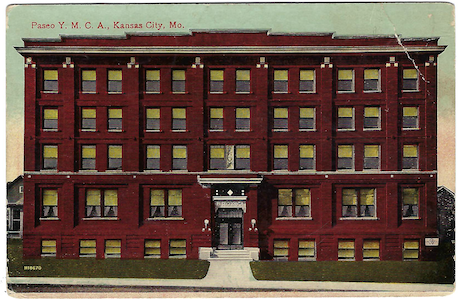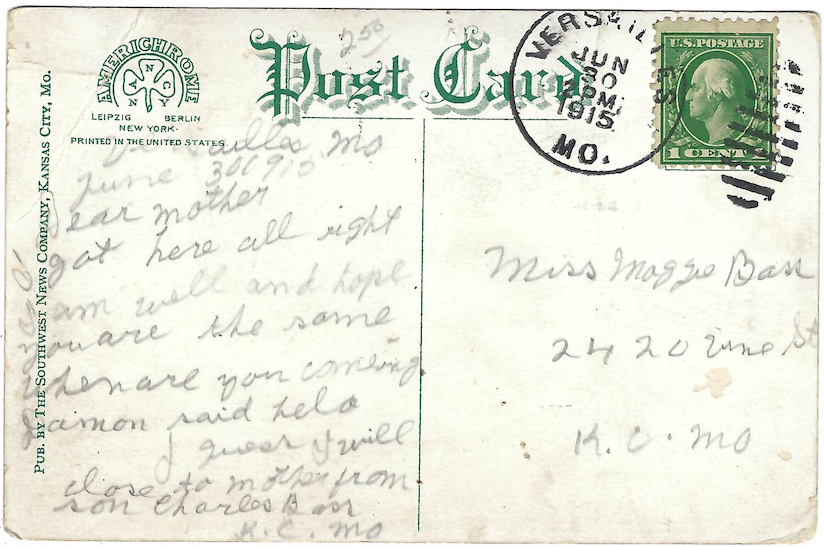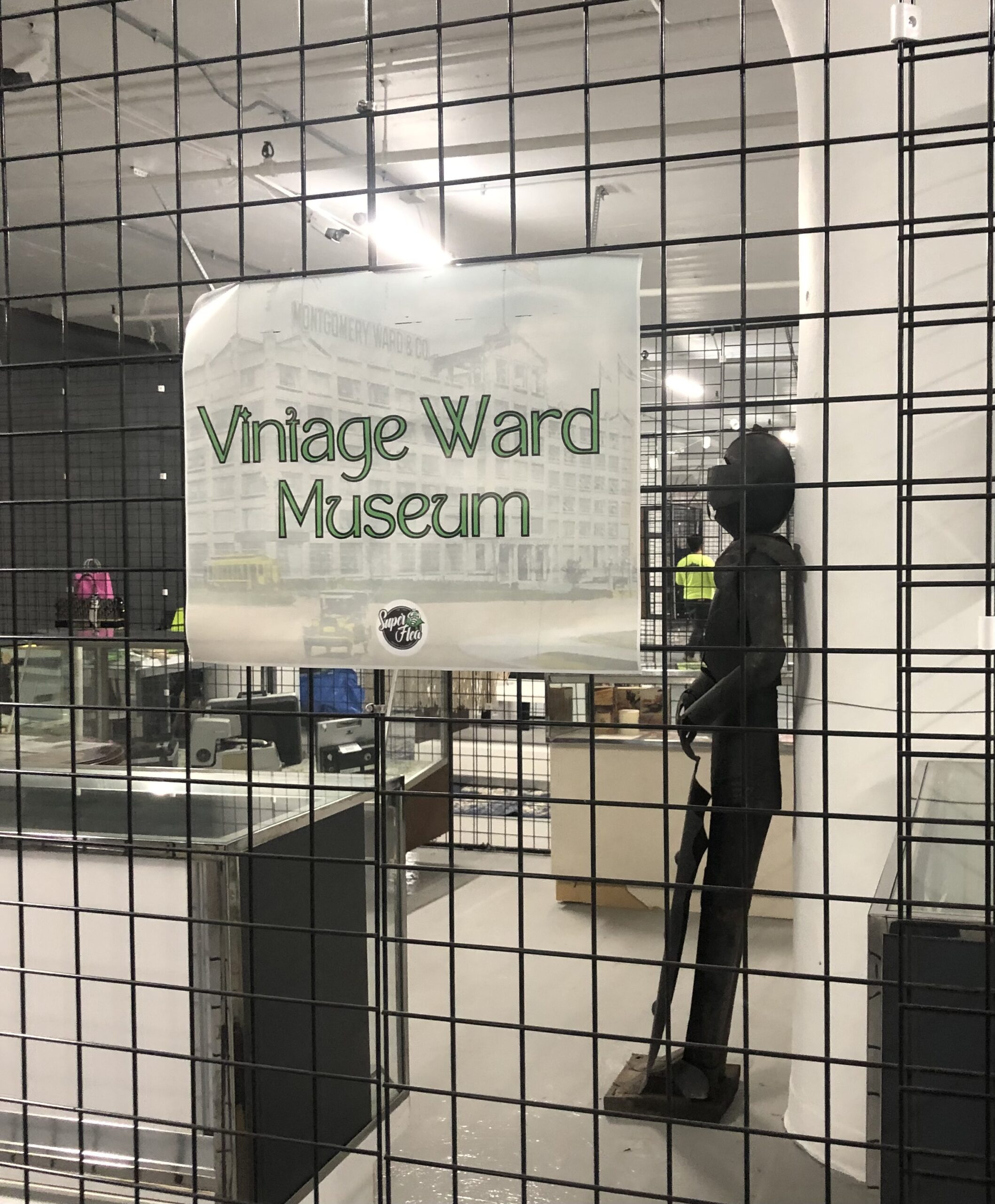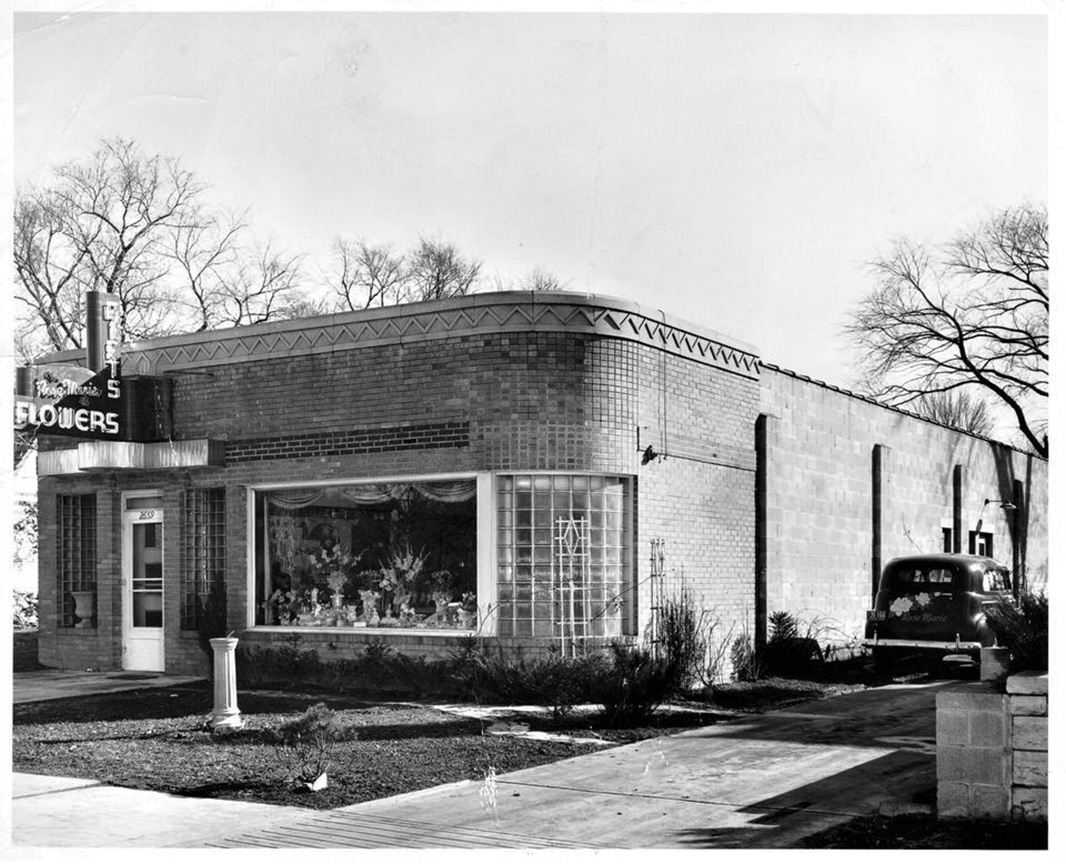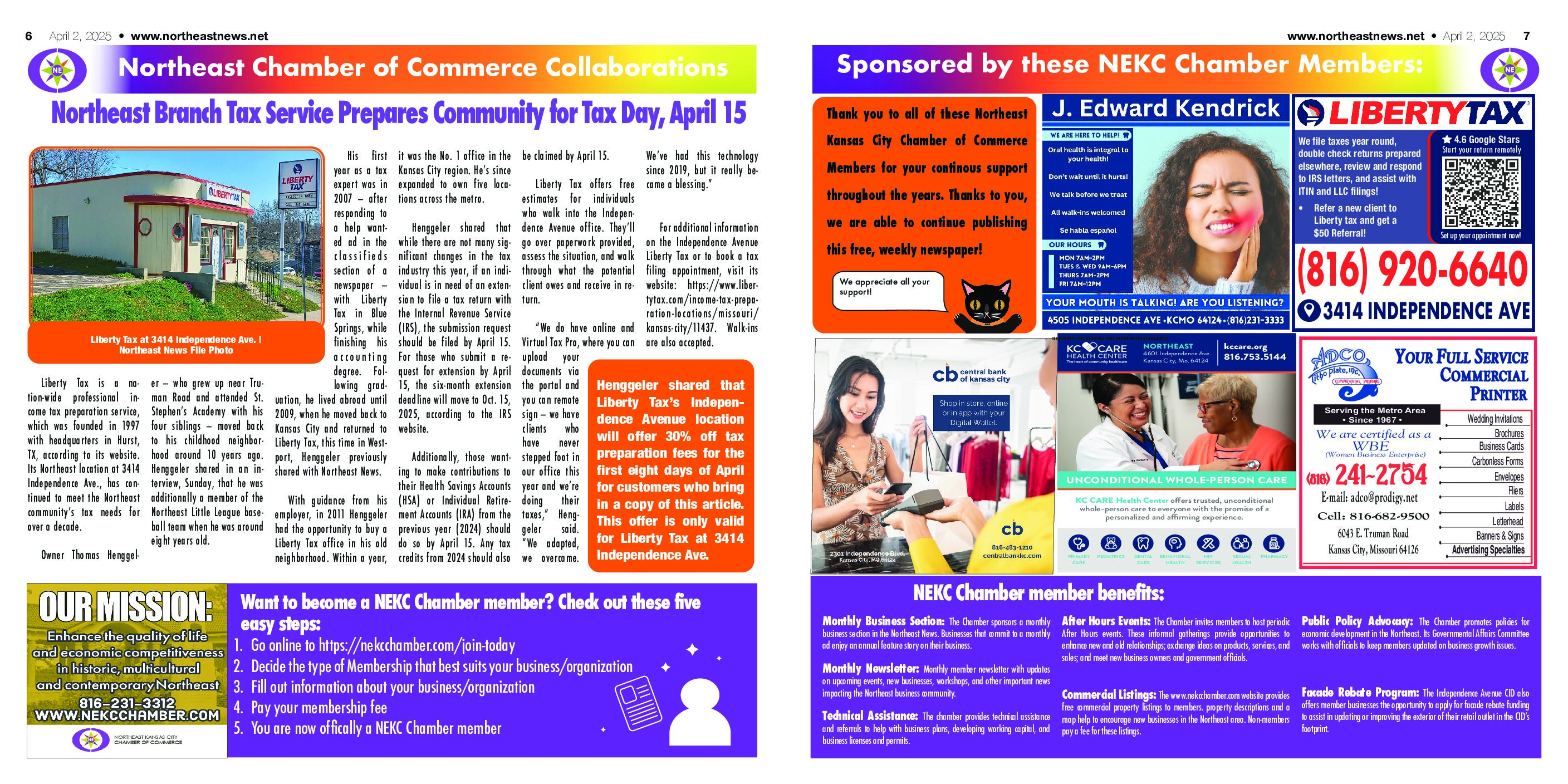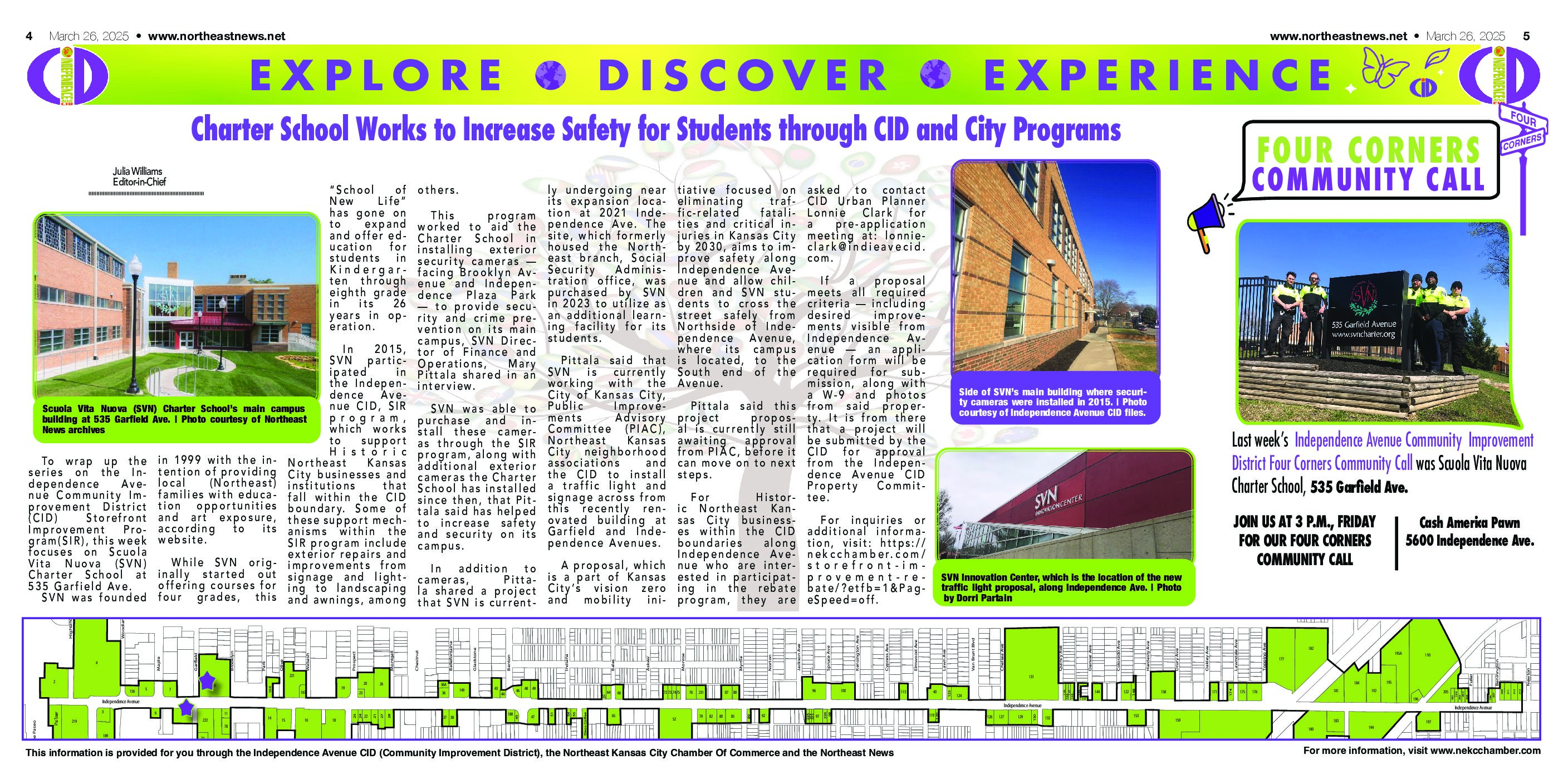By Michael Bushnell, Publisher
This week, in tandem with our summer interns’ story on Juneteenth, we spotlight the Paseo YMCA located at 18th and The Paseo. It is a prominent stop on Kansas City’s African American Heritage Trail.
On May 31, 1914, a crowd of over 8,000 people gathered at the newly constructed YMCA facility to see the cornerstone laid by former Mayor Henry Beardsley. The new Y was the first in the city to serve the African American population. The cost of the five story building was estimated at $100,000. Julius Rosenthal, a noted Chicago Lawyer, donated $25,000 of the cost, the city’s Black community raised another $25,000 in private subscriptions, and the Social Betterment Campaign raised $25,000 toward the cost of the facility.
The completed facility offered furnished rooms for 85 men at rates between $1.50 to $2.50 per week. Each room was furnished with a bed, a large window, an electric light and steam heat. Downstairs was a dining room, and in the basement, a gym. According to published pieces of the day, the public subscriptions from the Black community came from working class men and women, Pullman Porters, Furnace Tenders and odd-jobs men, many not making over $40 per month. The importance of the new Y to the community, however, could not be overrated.
On February 20, 1921, Andrew Rube Foster arranged a meeting in Kansas City of eight Black independent baseball team owners. Those owners and Foster met at the Paseo YMCA and the Negro National League, the first successful Black baseball league, was born.
According to the African American Heritage Trail website, during the 1920’s and 30’s, “the Paseo YMCA provided the only meeting place for clubs and study groups and the swimming pool was the only indoor pool available for the African American community. The building was open 24 hours a day and was the major social center for African American residents of Kansas City during these decades. By 1941, the YMCA provided community service to 162 groups, which annually held 3,650 meetings in the building with total attendance estimated at over 76,000.”
Through the years, the building was used by the Boys and Girls Clubs of Kansas City, and in 2017, a multi-million dollar restoration and renovation project was completed at the Paseo YMCA, designating it as the John “Buck” O’Neil Education and Research Center.
This card was published by the Southwest News Company of Kansas City, Mo., and mailed on June 30, 1915 from Versailles, Mo., to Miss Maggie Bass of 2420 Vine Street, KCMO. The message reads: “I got here all right. I am well and hope you are the same. When are you coming? Damon said hello. I guess I will close. To mother, from Charles Bass, K.C. MO.”
Earlier this month, the Negro Leagues Baseball Museum (NLBM) announced it had been awarded a $1 million grant from Bank of America in support of the museum’s $25 million capital campaign to build a new 30,000 square-foot addition.


